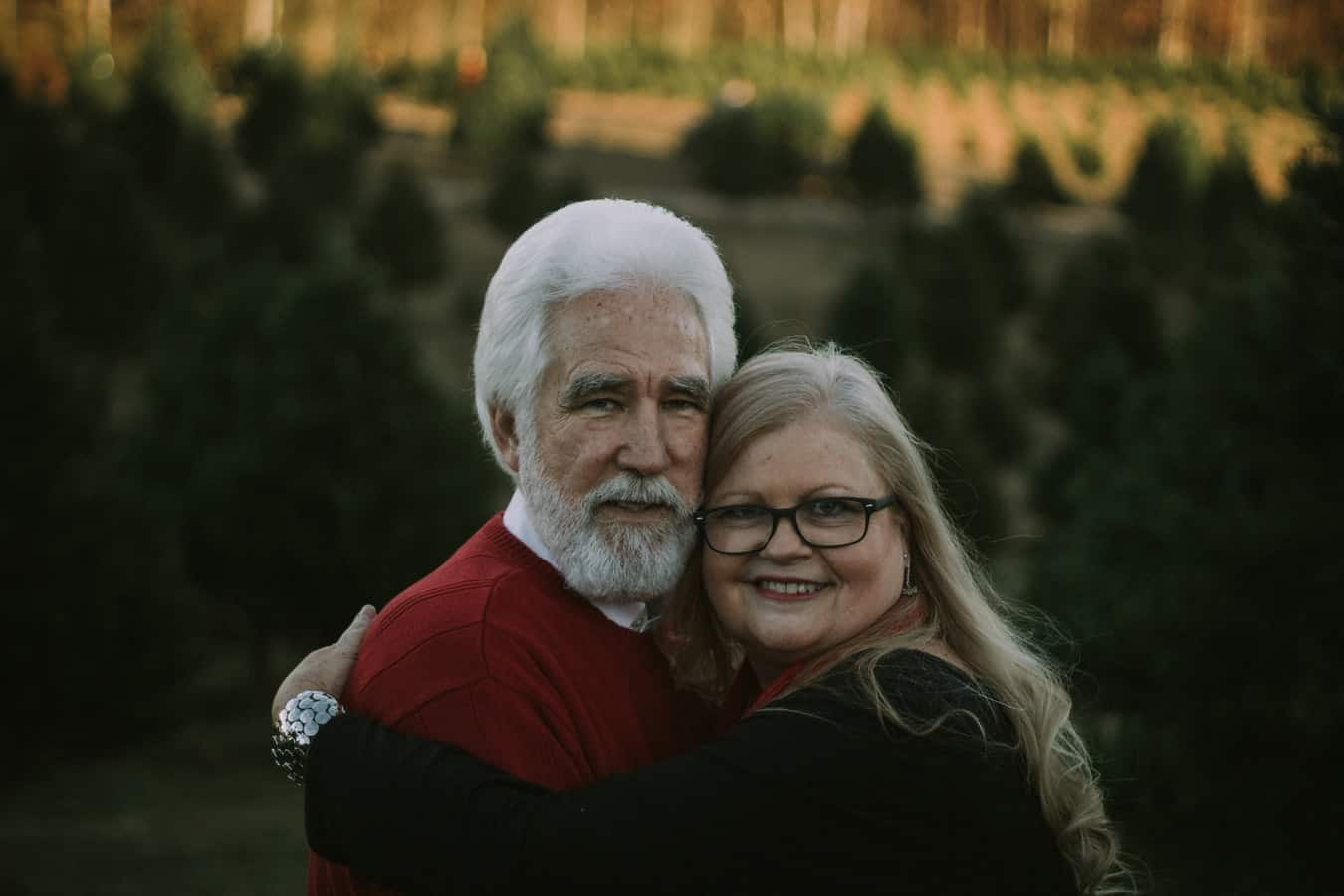Disclaimer: Since Medicaid rules and insurance regulations are updated regularly, past blog posts may not present the most accurate or relevant data. Please contact our office for up-to-date information, strategies, and guidance.
Who Are The Parties To A Medicaid Complaint Annuity?
In most situations there are five possible parties to a Medicaid Compliant Annuity (MCA) contract:
- owner
- annuitant
- payee
- primary beneficiary
- contingent beneficiary
The Owner.
The owner, who will be a part of any annuity contract, purchases the annuity and is the one who designates the annuitant, payee, primary beneficiary, and contingent beneficiary. Designations may not be altered since an MCA contract has those assignments set in stone.
The Annuitant.
While the annuitant is the one whose life plays a role in the traditional immediate annuity, they don’t play a role in MCAs since those aren’t paid by a life-only term. Rather, MCAs are built using a specific number of monthly payments with a term less than the person’s Medicaid Life Expectancy. As previously stated, the annuitant in the MCA contract cannot be changed.
The Payee.
In an MCA, the owner, annuitant and payee are all the same person, except when the “Name on the Check” rule is put into effect.
The Primary Beneficiary.
This is the person or persons who will collect benefits after the owner of the MCA passes away. In most cases, this would be the State Medicaid Program for the amount that they provided during the individual’s institutionalization, unless the individual names a community spouse, minor or disabled child with the State as contingent beneficiary.
The Contingent Beneficiary.
This is the person or entity that receives assets if the primary beneficiary passes before the owner of the annuity. With MCAs, however, the contingent beneficiary will collect benefit after the primary beneficiary (usually the State) takes what they’re entitled to. The contingent beneficiary is typically the MCA owner’s children.



